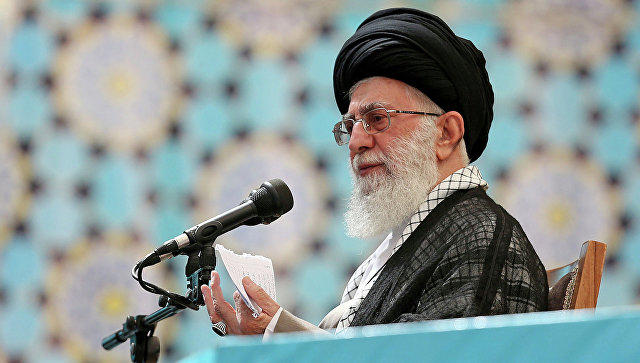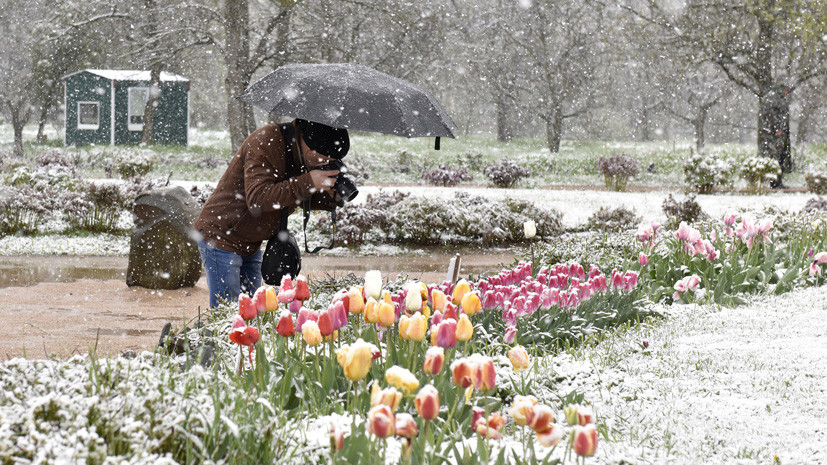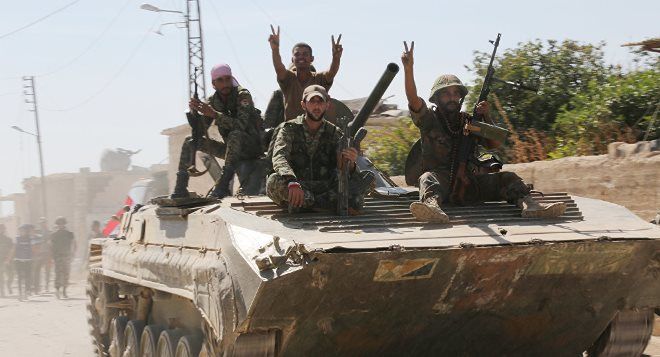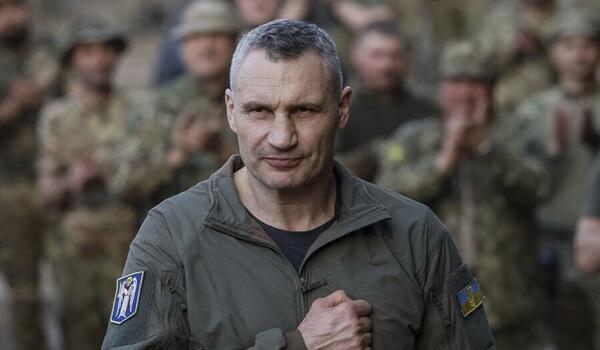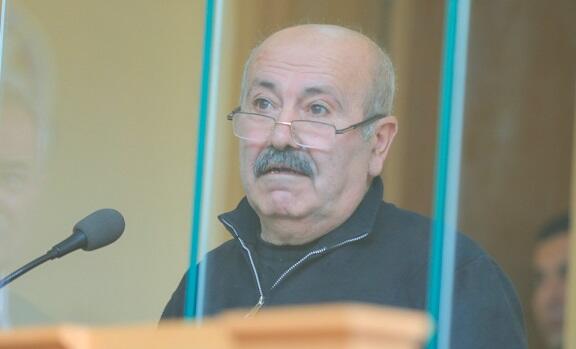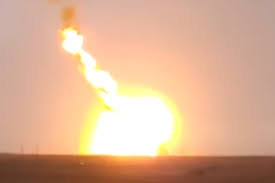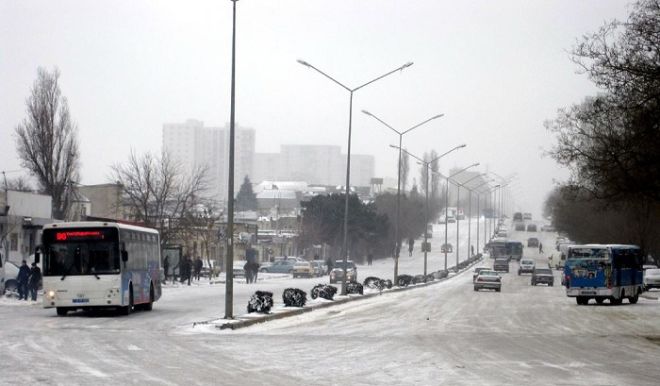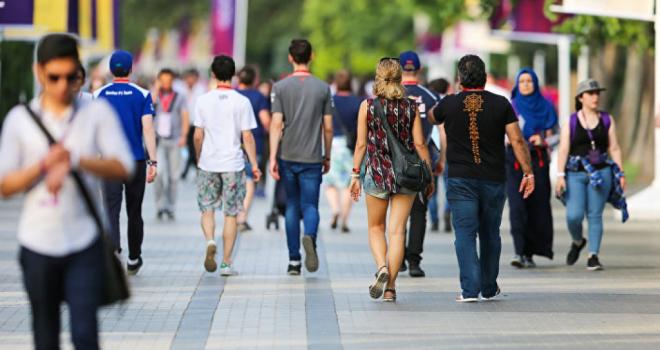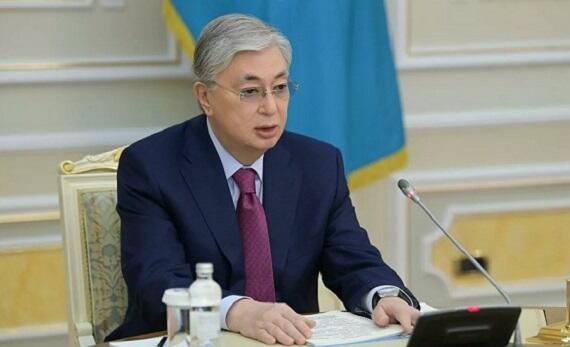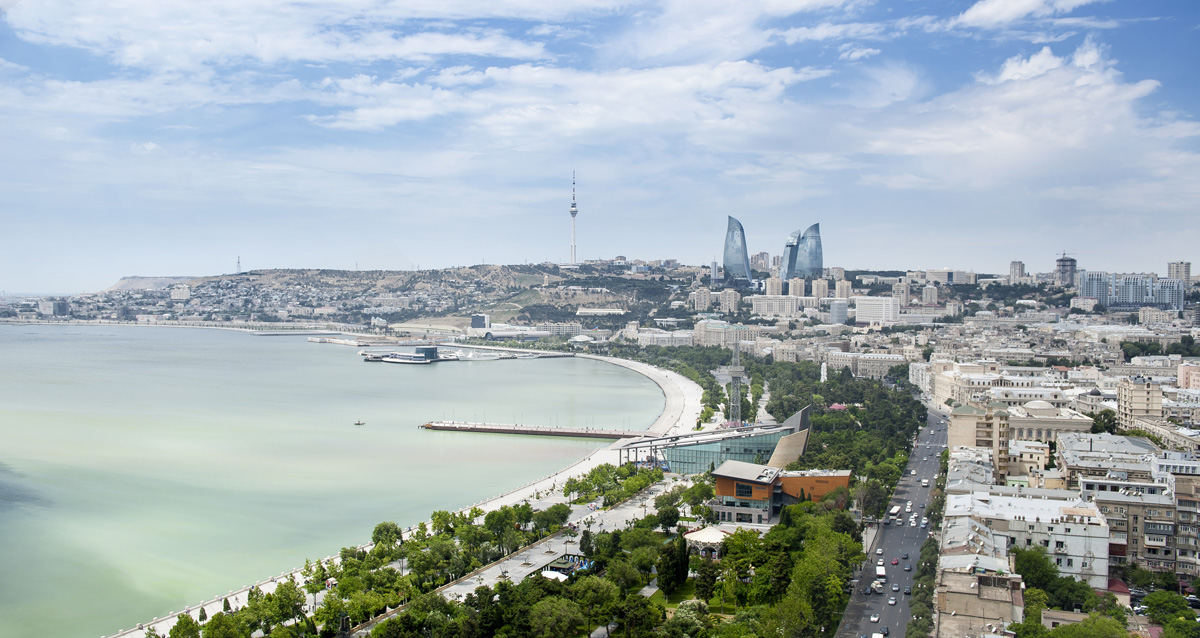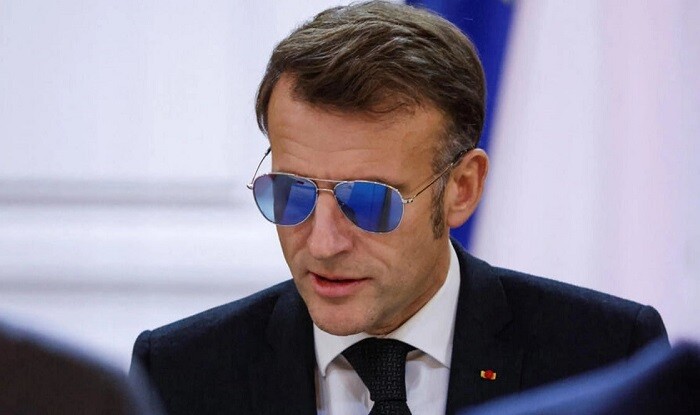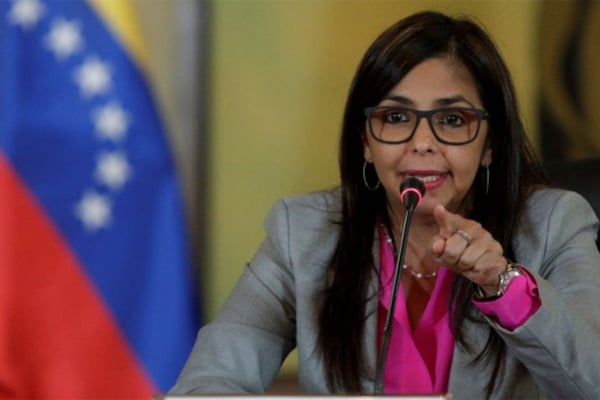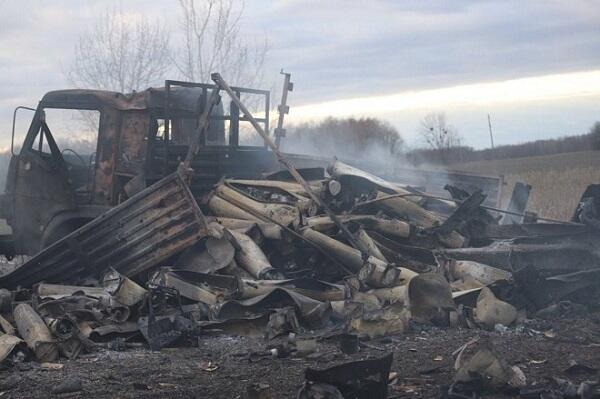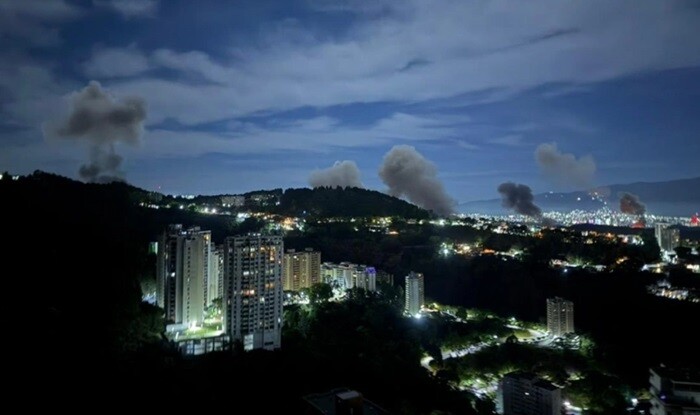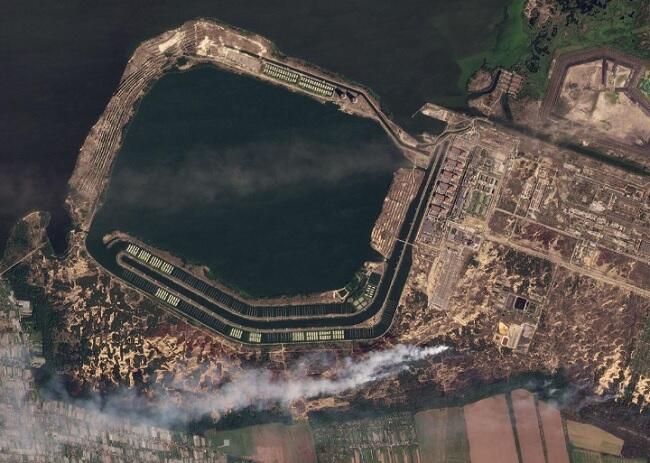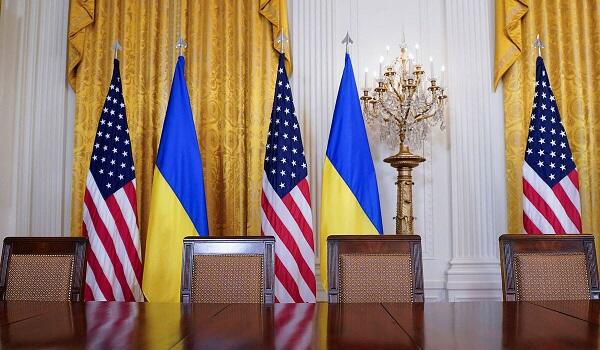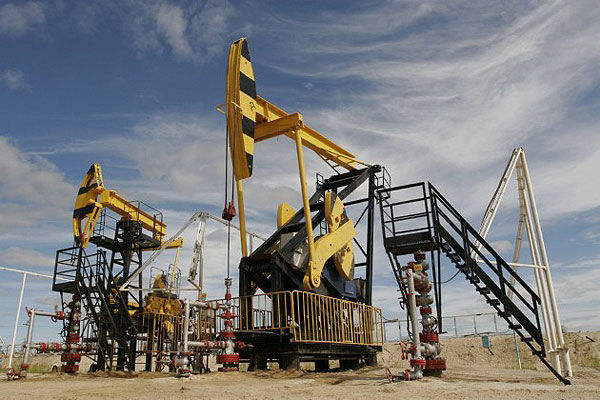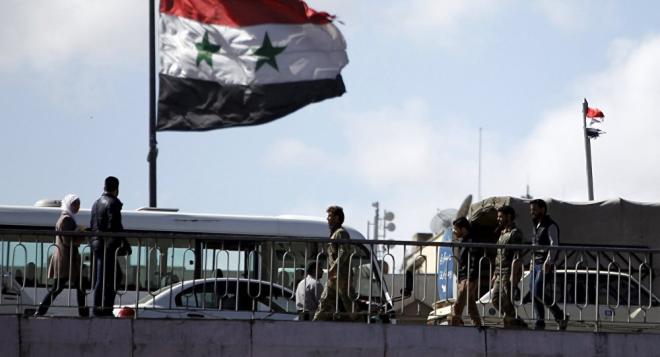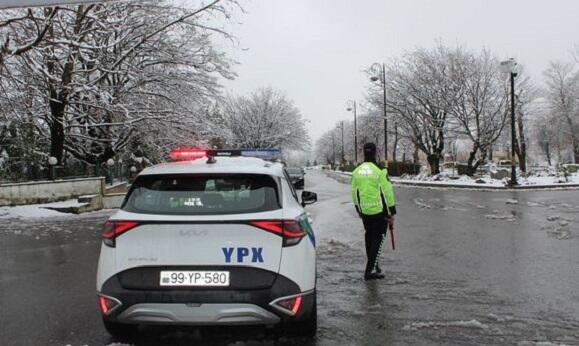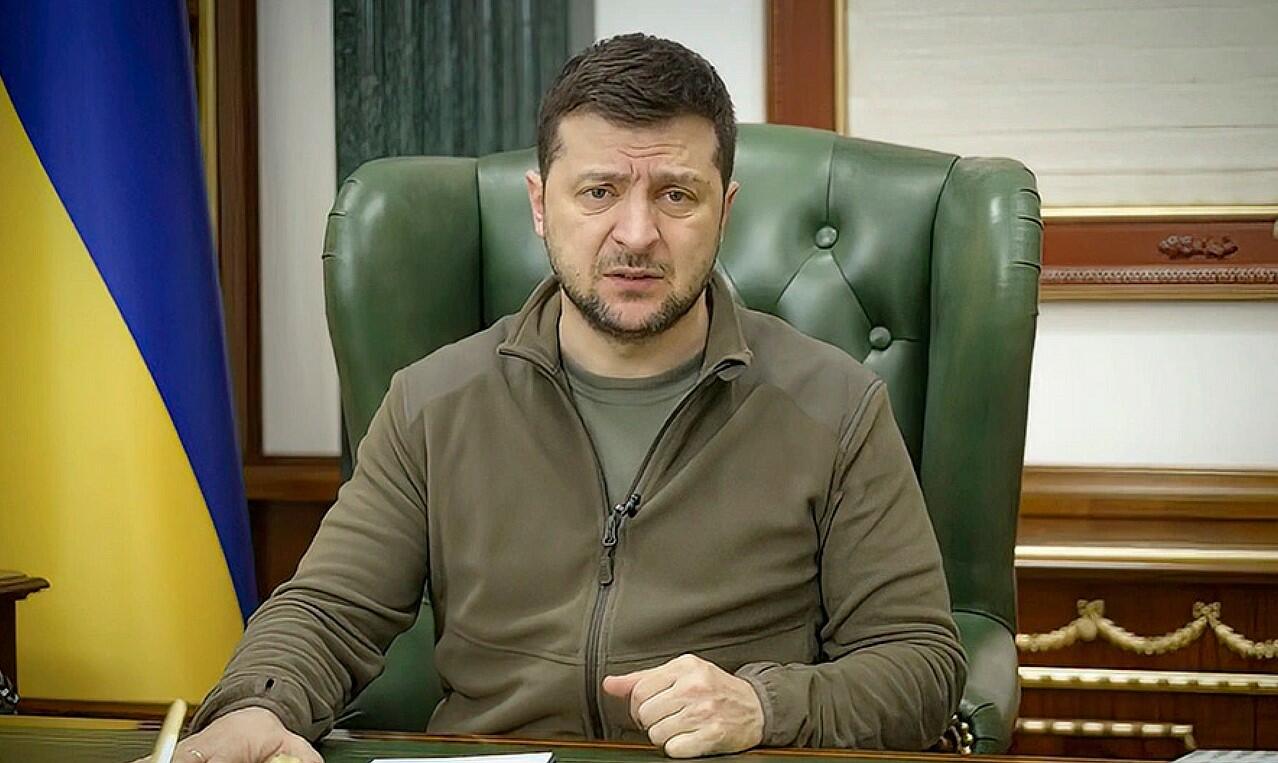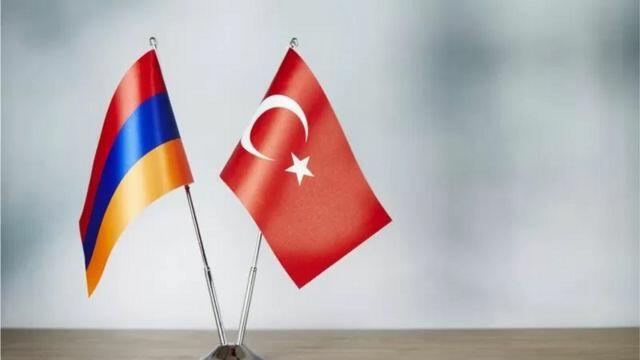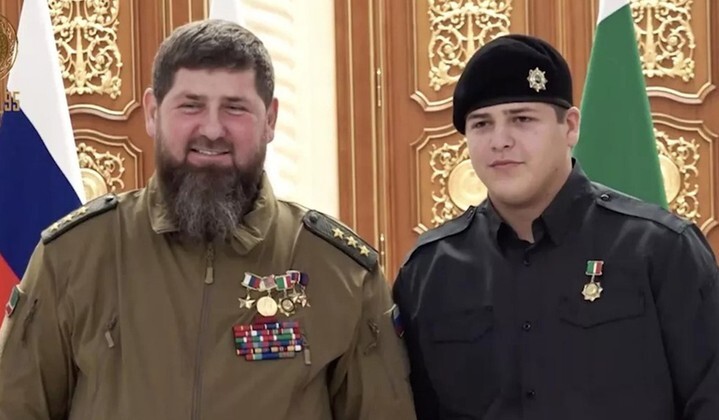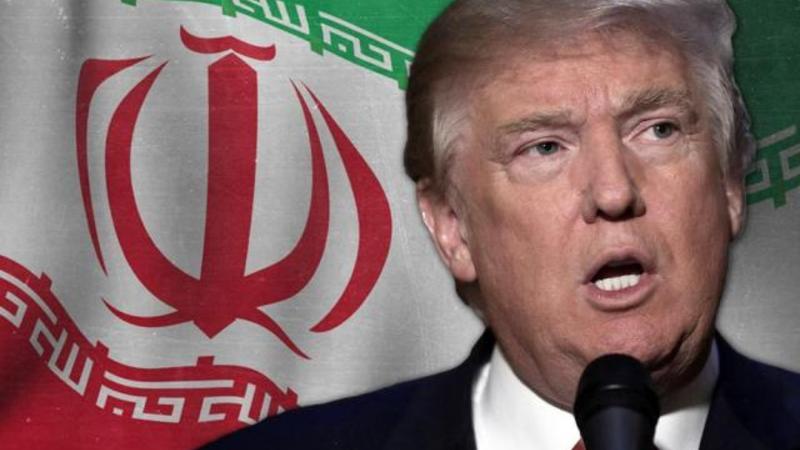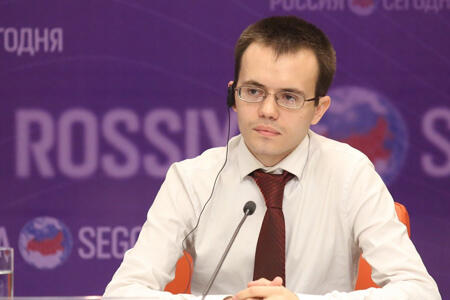Axar.az presents the article "Latvia recognized the “Armenian Genocide” for implied anti-Russian reasons."
Latvia became the latest country to recognize the tragic World War I-era events in the eastern Ottoman Empire as “genocide”. Importantly, however, it only recognized the deaths of the Armenian people as “genocide” while ignoring the killing of other ethnicities by Armenian fighters in the area at the time. This point was highlighted by the Embassy of Azerbaijan in Latvia, which declared that it “strictly denounces the Latvian Saeima's biased declaration of the consequences of the WWI as an 'Armenian Genocide' while ignoring the human tragedy of Turks, Azerbaijanis, Kurds, Jews and other ethnicities in a move to politicize historic events.”
Riga's rationale for recognizing the “Armenian genocide” hasn't been clearly articulated, thereby giving rise to speculation about its real intent. It's unlikely that the tiny Baltic country suddenly had a change of heart regarding its newfound sympathy towards the Armenian interpretation of those tragic events, but was likely inspired by US President Joe Biden's recent recognition in order to follow suit. Latvia is, after all, a NATO ally and regarded as a so-called “front line” state for the bloc's efforts to “contain” Russia. Currying favour with the country through these symbolic but nevertheless highly offensive means might have been a strategic decision.
To elaborate on this train of thought, Latvia is intensely focused on doing all that it can to remain at the forefront of America's strategic military planning in Europe. Its leaders probably thought that they didn't have much to lose except their reputation in the majority of the non-Western countries that have refused to acknowledge those tragic events in such a way but potentially everything to gain by simply following the US' symbolic lead. In other words, this move was likely motivated by Latvia's desire to show how loyal of an ally it is to America in the hopes of securing further support for their joint efforts to “contain” Russia.
There might even be a deeper anti-Russian dimension at play as well. The article about “Soviet Mass Deportations From Latvia” that's shared on the official website of that country's Foreign Ministry notes that “Though not outright genocide, the deportations created conditions that set Latvia and its people on a course of losing its cultural heritage and eventually its national identity as well.” Riga, therefore, doesn't totally recognize those tragic events in its own history as “genocide” though it still believes that they partially qualify as such, hence their description as not being “outright genocide” which still implies some degree of “genocide”.
Another article on that same official web portal about “Dealing With War Crimes And Genocide Committed On Latvian Territory” said that the Soviet repressions thereafter 1940 were “a continuation of the genocide against Latvians living in the Soviet Union which had begun in 1937 and 1938.” Once again, the repressions and deportations aren't described as “outright” genocide, but it's still implied that they had “genocidal” proportions. This interpretation is important to remember against the backdrop of Latvia's recent recognition of the “Armenian Genocide” for what seems like strategic reasons related to currying favour for “containing” Russia.
With Latvia back on America's radar again after its act of fealty to the Armenian narrative following President Biden's recent lead in this respect, Riga might hope that it can try to more widely popularize its own interpretation of the tragic events that befell it after 1940 as “genocide” too. The purpose in doing so would be to politicize those historical events against modern-day Russia in a similar way as the Armenians have been attempting to do against modern-day Turkey. Instead of keeping them in the realm of civil society and historical discussions, both countries – Latvia and Armenia – want to weaponize their tragedies for strategic reasons.
The overarching trend is that historical tragedies from decades or even over a full century ago are being politicized in the present day for contemporary strategic reasons. The intended benefits are short-sighted since this immoral tactic risks normalizing the weaponization of history on a larger scale. It might only be a matter of time before other countries follow suit, which would be a dereliction of historical justice, especially since it implies a so-called “hierarchy of victimhood” whereby some victims are regarded as more important than others. All victims are equal irrespective of their ethnicity or religion, and everyone should remember this.
